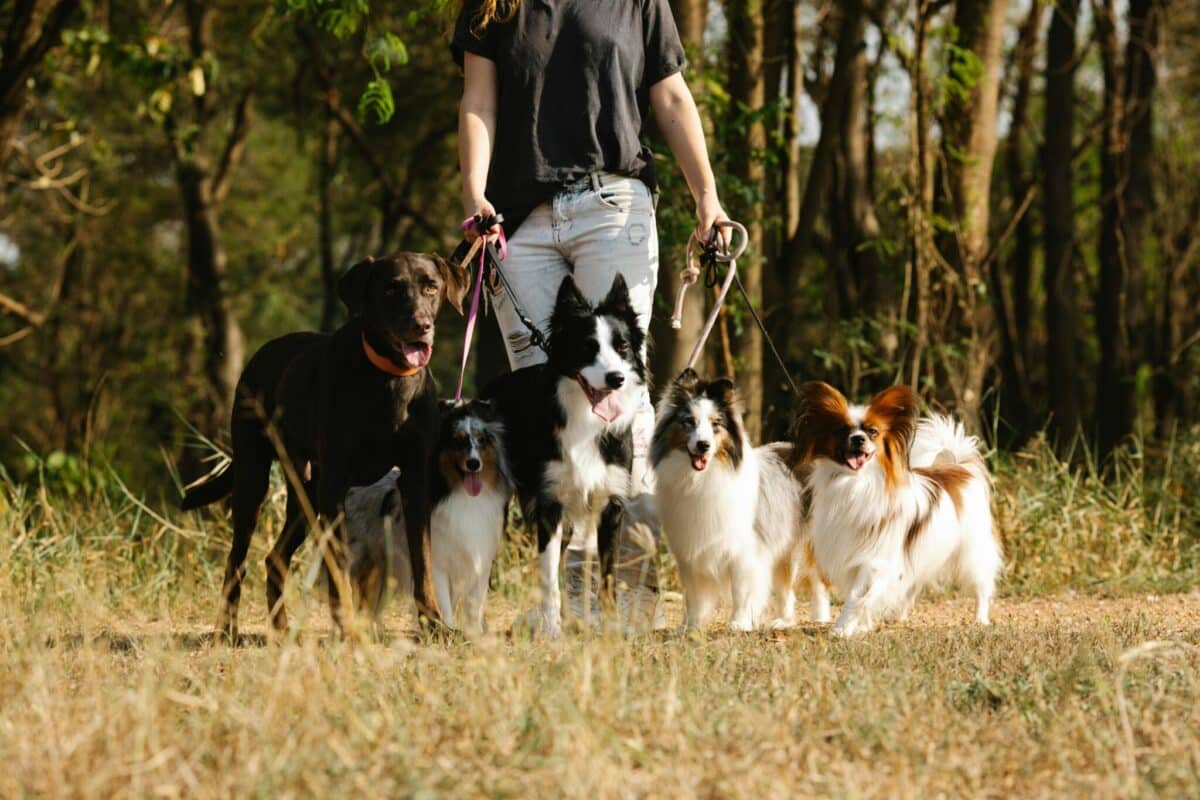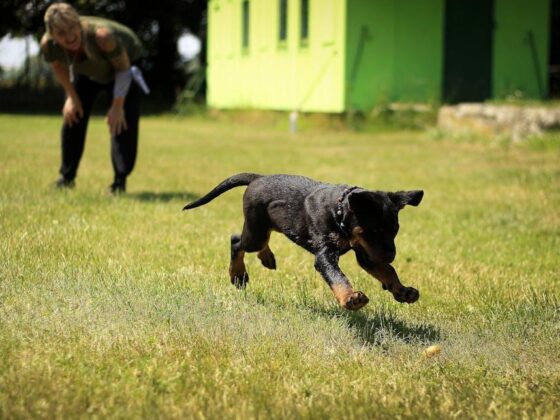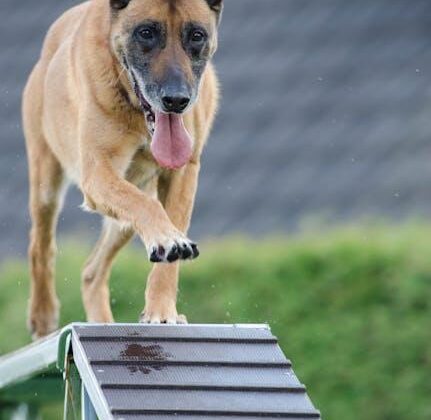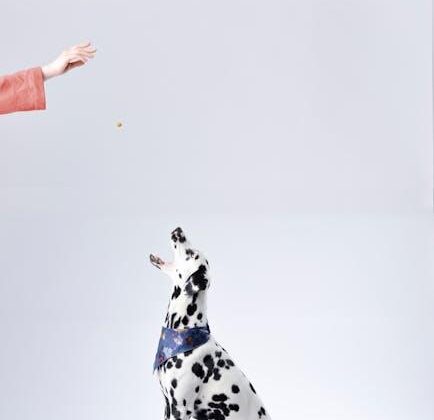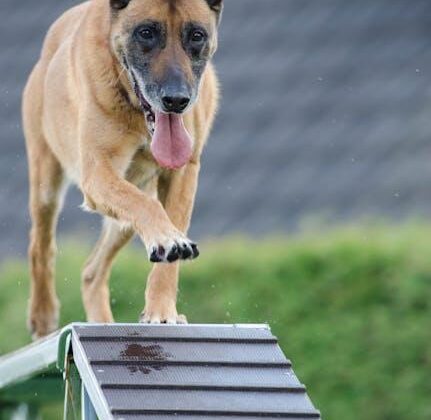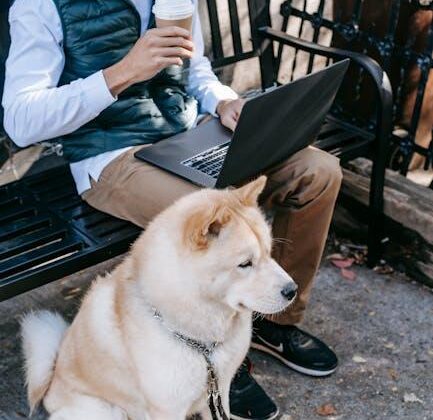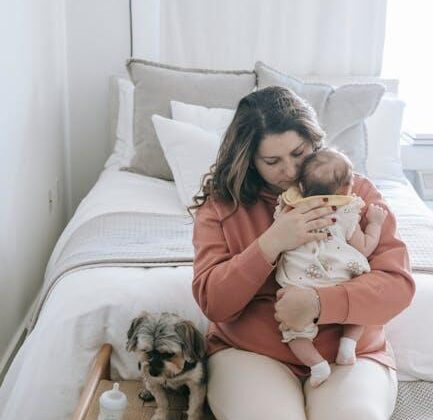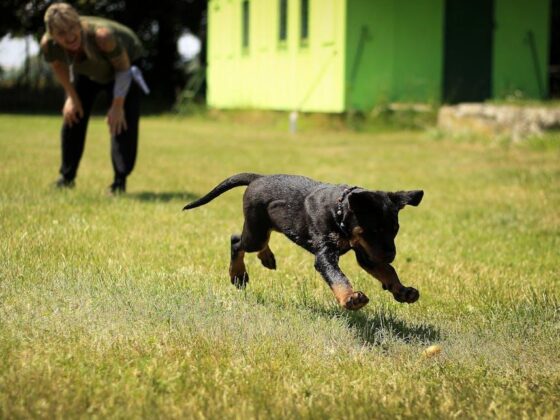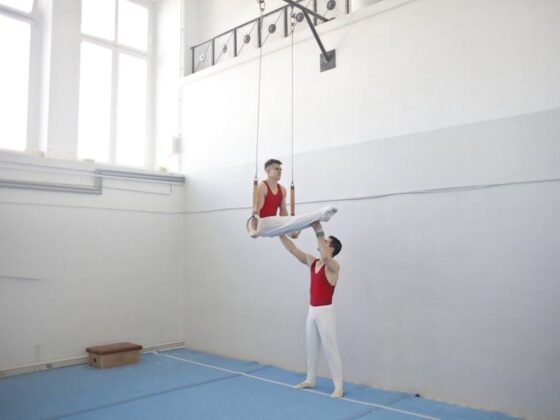end of the article.
Unlock Your Pet's Potential: The Benefits of Training and Socialization
When it comes to owning a pet, there is so much more to it than just providing food and shelter. Training and socialization play a crucial role in unlocking your pet's full potential and ensuring they lead a happy and fulfilling life. Whether you have a puppy, a kitten, or an older pet, training and socialization can have a positive impact on their behavior, confidence, and overall well-being.
Training
Training your pet is not just about teaching them to sit and stay. It's about setting boundaries, establishing trust, and building a strong bond between you and your furry friend. Training can help reduce behavioral issues and make everyday interactions with your pet more enjoyable.
One of the key benefits of training is that it helps your pet understand what is expected of them. By teaching them basic commands such as sit, stay, and come, you can effectively communicate with your pet and prevent them from engaging in unwanted behaviors. Training can also help you establish a routine and provide mental stimulation for your pet, which is essential for their overall health and well-being.
Additionally, training can help build your pet's confidence and self-esteem. When they successfully learn a new command or behavior, they feel a sense of accomplishment and are more likely to exhibit positive behaviors in the future. This can be particularly beneficial for shy or fearful pets who may need extra reassurance and support to come out of their shell.
Socialization
Socialization is another important aspect of pet ownership that should not be overlooked. It involves exposing your pet to different environments, people, and animals in a controlled and positive way. Socialization helps your pet develop good social skills, reduce fear and anxiety, and build confidence in new situations.
Socialization is particularly important for puppies and kittens, as it helps them learn how to interact with others and adapt to new experiences. However, socialization can be beneficial for pets of all ages, as it can help prevent behavior problems, such as aggression and fearfulness, later in life.
When socializing your pet, it's important to start slowly and gradually expose them to new people, places, and situations. Use positive reinforcement, such as treats and praise, to help your pet feel comfortable and confident in new environments. Be patient and consistent, as socialization is a process that takes time and effort but can result in a well-adjusted and well-behaved pet.
FAQs:
Q: When should I start training my pet?
A: It's never too early to start training your pet. Puppies and kittens can begin basic training as early as 8 weeks old. However, older pets can also benefit from training and can learn new behaviors at any age.
Q: How often should I train my pet?
A: Training sessions should be short and frequent, lasting no more than 10-15 minutes at a time. It's important to be consistent with training and to practice regularly to reinforce good behavior.
Q: What are some common training mistakes to avoid?
A: Some common training mistakes include using punishment instead of positive reinforcement, being inconsistent with commands, and expecting too much from your pet too soon. It's important to be patient, understanding, and consistent with your training efforts.
Q: How can I socialize my pet?
A: Socializing your pet involves exposing them to new people, places, and experiences in a positive and controlled way. Start slowly and gradually increase exposure to new stimuli, using treats and praise to reinforce good behavior. Be patient and consistent, and seek professional help if needed.
In conclusion, training and socialization are essential components of pet ownership that can help unlock your pet's full potential. By investing time and effort into training and socializing your pet, you can build a strong bond, prevent behavior problems, and ensure they lead a happy and fulfilling life. So, start training and socializing your pet today and watch them thrive!


